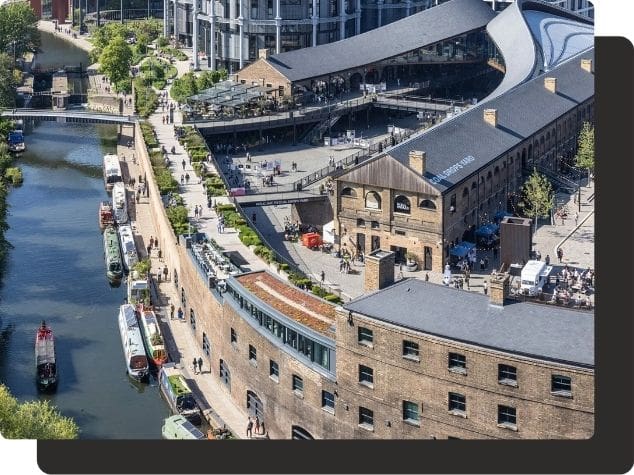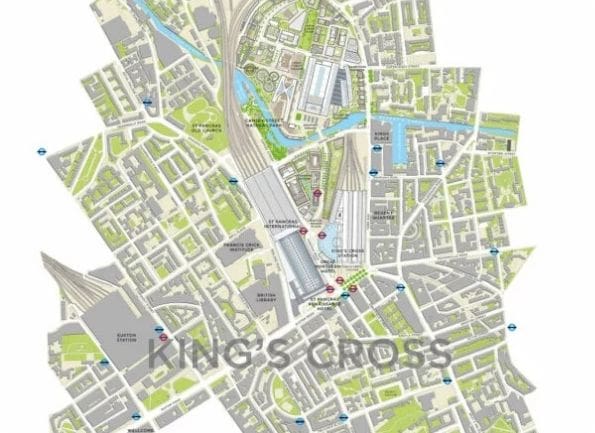The challenge: Moving beyond monetised proxy metrics
Previously, King’s Cross used a combination of anecdotal feedback, case studies and broad financial proxies to report on social value.
As the team were supporting a growing number of projects focused on improving wellbeing and other softer, more qualitative metrics they sought a framework that would allow them to meaningfully quantify those benefits.
The goal was to better understand what was working by documenting wellbeing outcomes (like access to nature and increased belonging and confidence), not just participation numbers. They also began surveying participants across key projects to track “distance travelled,” enabling a clearer link between interventions and life outcomes, including employment, health and personal development.
With so many overlapping initiatives across recruitment, placemaking, arts and education, the main challenge was structuring the right measurement system – one that recognised the depth of the estate’s activity without diluting meaning through over-claiming.
The team also recognised the risk of relying too heavily on proxies. So alongside monetised values, they wanted to incorporate demographic tracking (e.g. BAME, refugees, disability) and qualitative indicators around community connectedness, safety and access to nature.







